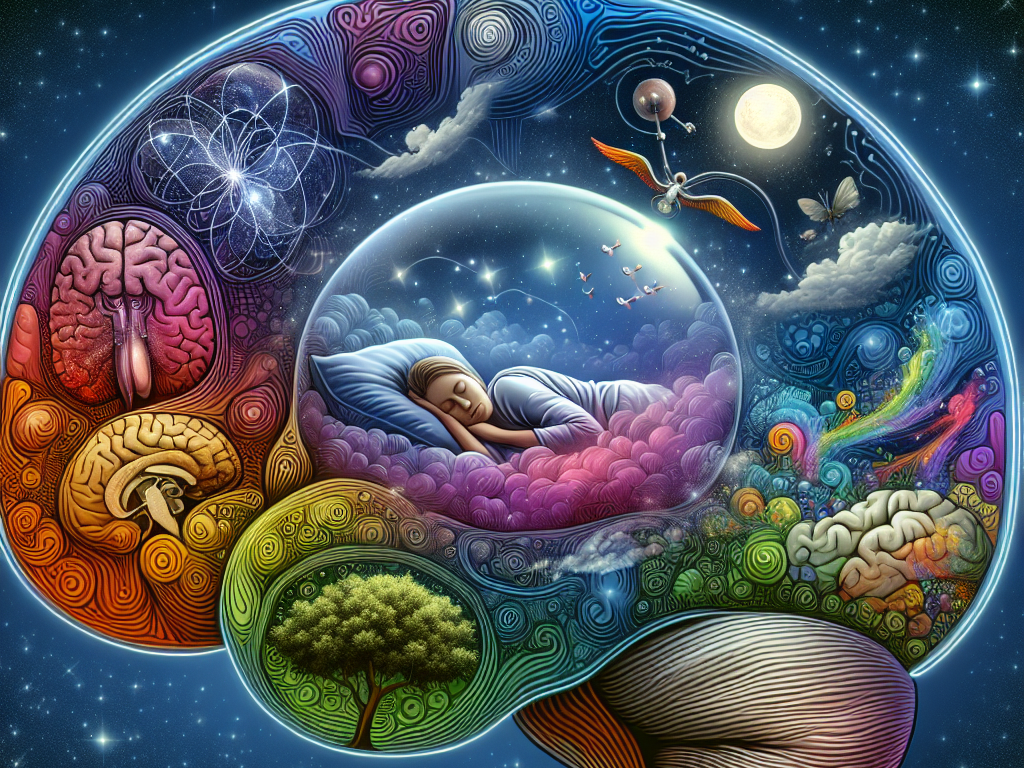
Every night when we go to sleep, we fall into the realm of dreams, which take us to weird places, force us to meet strange beings, and guide us through various adventures. Most of them get forgotten in the very first waking minutes, while others last in the memory for a week, at best. That’s because we don’t usually pay much attention to them and deem the experience lacking any real impact in our daily lives.
Now think about the dreams you do remember.
Chances are, they were either frequently reoccurring or significant to you. If, however, you ever had a lucid dream, there is no doubt you haven’t forgotten the experience.
Conscious dreaming has a unique appeal to it, and one will always wake up from it with a sense of awe.
However, this phenomenon is not a frequent one, and it often leaves people longing for another lucid dream without ever delivering one again. Can this be fixed somehow? Is it possible to enter the state of conscious dreaming by demand without missing the experience ever again?
The concept of controlling dreams has been known for a long time. It was first talked about by Ancient Greece philosopher Aristotle back in 350 B.C. Although he did not give the concept a name, he wrote:
“when one is asleep, there is something in consciousness which tells us that what presents itself is but a dream.”
The concept of inducing a dream different from the normal one was also practiced in Ancient Greece. In hopes of having an insightful vision, Greeks would sacrifice an animal to the God they wanted to drive wisdom from and lay on its skin in the temple when going to sleep.
However, many ancient religions had bogus beliefs, and a skeptic might conclude that it’s not a source worth trusting. And yet, the concept of lucid dreaming has been reported in a wide variety of cultures, periods, and places – from ancient times to the Middle Ages to the renaissance, from Greece to Islam, and the heart of Europe.
Even though conscious dreaming was part of our civilization from ancient times, the scientific community only acknowledged their existence in 1978.
It was 3 years after lucid dreams were scientifically proven in a lab by psychologist Keith Hearne in the experiment with Alan Worsley.
Later experiments showed that it is even possible to communicate with people while controlling their dreams by measuring their brain activity. It was also found that different from regular dreams, time perception is similar to that of everyday life in a lucid dream. It was proven by asking lucid dreamers to count to ten and signal it to the researchers.
To neatly sum up and answer the question we asked at the beginning:
Yes, it is possible to dream consciously.
Many civilizations before us have been doing it for hundreds and thousands of years, and it is a phenomenon proven to be true in a scientific environment. Many people worldwide are lucid dreaming every night, and their community is growing every year.
There’s no one stopping you from joining!


.png)

